
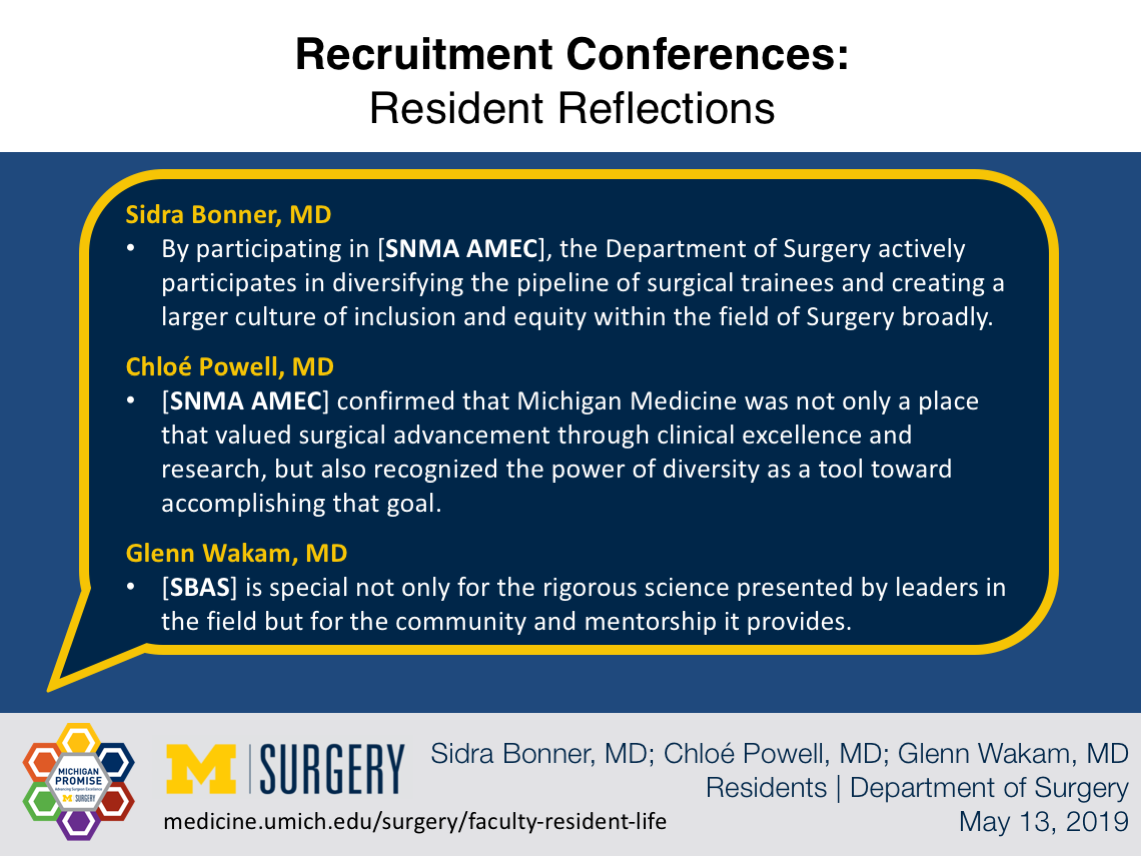
The Problem
Over the last ten years, there has been a growth in research demonstrating the positive impact of racial and ethnic diversity of healthcare providers for improving patient outcomes, reducing healthcare disparities, increasing the impact of scientific research, and enhance the learning and training of students, residents and physicians1-3. However, challenges remain in building a pipeline to facilitate the growth of diversity within the physician workforce such that doctors reflect the racial and ethnic diversity in our communities. For example, within the field of Surgery, the American Association of Medical Colleges reports that in 2018, there were a total of 3,967 Professors of Surgery in the country, of which 83 (.02%) are Black men and 12 (.003%) are Black women4. As Departments of Surgery across the country seek to continuously improve the access and delivery of high quality of surgical care to all patients as well as the functioning of complex delivery teams, it is necessary to recruit, retain and foster trainees and faculty who are underrepresented minorities.
SNMA AMEC
Each April, the University of Michigan Department of Surgery supports residents and faculty to attend the Annual Medical Education Conference (AMEC) organized by the Student National Medical Association (SNMA). Founded in 1964, SNMA is the largest and oldest student run organization focused on the promoting the professional and personal needs of Black medical students. AMEC brings together hundreds of undergraduates, medical students, residents and practicing physicians for a four day conference filled with lectures, conferences, and interactive fairs with hospitals and medical schools from all over the country to achieve this goal.
Why it Matters
Sidra Bonner, MD - General Surgery, PGY1
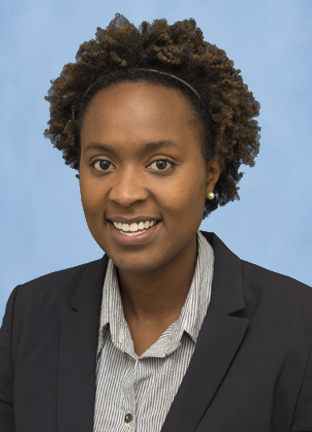
By participating in this conference annually, the Department of Surgery actively participates in diversifying the pipeline of surgical trainees and creating a larger culture of inclusion and equity within the field of Surgery broadly. During the two-hour Michigan Medicine SIM Fest Session, I had the opportunity to speak with high schoolers, undergraduates, and medical school students topics ranging from asking for a letter recommendation for residency applications to finding undergraduate summer programs for research. In addition to these conversations, I had the chance to discuss how to handle the experiences of micro-aggressions, imposter syndrome, and stereotype threat that are often felt by individuals underrepresented in medicine. While sharing my stories and experiences with students, I was reminded of the Marian Wright Edelman quote, “It’s hard to be what you can’t see” and how important it was for me as a medical student, when I attended AMEC, to interact surgical residents and faculty in such a special community and how it reassured me that I could too could be a surgeon. Now, as a surgical resident myself, I am thankful for the Michigan Promise and Department of Surgery’s commitment to attending the AMEC annually and recruiting future surgeons to promote diversity, equity and inclusion within in Michigan Medicine Health System for the goal of providing the best care to our patients.
Chloé Powell, MD - Vascular Surgery, PGY1
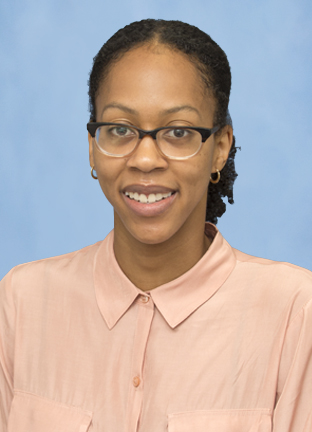
As a medical student, I attended AMEC for three out of my four year tenure. Each year, I eagerly awaited for spring to roll around because I knew that I was about be amongst a vibrant and dynamic community of future and current physician-scientists and physician leaders. The expansive network provided me with an opportunity to learn from the best. I would often myself in discussions ranging from coping with bias on the wards to tacking mental health awareness in communities of color. At the conclusion of each conference, I was able to take away valuable lessons that I could apply as I continued to progress through my undergraduate medical education. The AMEC conference that preceded my fourth year was the most momentous. I had just declared surgery as my career and with the residency cycle nearing the start, I recognized this conference would allow me to connect with current surgical residents and faculty from the many programs in a more informal setting. I recall attending Michigan’s SimFest and being absolutely amazed by the diverse departmental representation. As I approached the Department of Surgery’s table, I was greeted by the warm faces of Drs. Mulholland and Newman, two individuals that I would later come to understand as prominent figures in surgery. The event confirmed that Michigan Medicine was not only a place that valued surgical advancement through clinical excellence and research, but also recognized the power of diversity as a tool toward accomplishing that goal. Now that I am a surgical resident, I am thankful for the Michigan Promise and the Department of Surgery for allowing me the opportunity to return to AMEC to share my story and why I truly believe Michigan Medicine is the best place to train, especially in an environment that promotes diversity and inclusion.
SBAS
The Michigan Department of Surgery also provides support to enable the faculty and residents to attend the Society of Black Academic Surgeons’ (SBAS) annual meeting. SBAS was founded in 1989 with the mission of improving health and fostering careers of African American and other underrepresented minority surgeons. SBAS is the treatment for the leaky pipeline that results in the already small number of African American surgical residents to dwindle to less than 0.1% of full time academic professors.
Why it Matters
Glenn Wakam, MD - General Surgery, PGY3
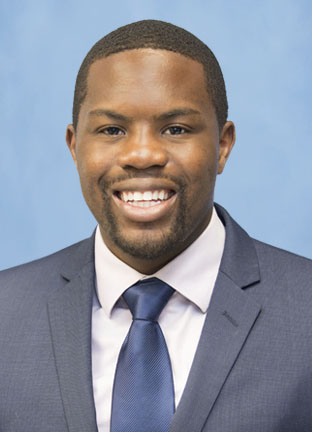
The conference is special not only for the rigorous science presented by leaders in the field but for the community and mentorship it provides. Whereas SNMA AMEC provides an opportunity for Michigan Surgery to show undergraduates and medical students commitment to diversity, SBAS is surgical residents and faculty at all levels the goals of Michigan Promise. We had department members from both underrepresented minority groups and not attend the conference, stay throughout all the sessions, and really engage with the SBAS communities. These actions hopefully signal to the underrepresented community that the Michigan Promise is truly trying to build an environment that reflects the diverse population we are serving.
References
- Saha S, Guiton G, Wimmers PF, Wilkerson L. Student Body Racial and Ethnic Composition and Diversity-Related Outcomes in US Medical Schools. JAMA. 2008;300(10):1135–1145.
- Alshebli BK, Rahwan T, Le Woon W. The preeminence of ethnic diversity in scientific collaboration. Nature communications, Nature Publishing Group, 2018; 9, 5163.
- Aslan M, Garrick O, Graziani GC. Does Diversity Matter for Health? Experimental Evidence from Oakland. National Bureau of Economic Research, 2018; working paper No 24787. https://www.nber.org/papers/w24787
- Association of American Medical Colleges. Data: U.S. Medical School Faculty 2018. https://www.aamc.org/data/facultyroster/reports/usmsf18.html
Downloads
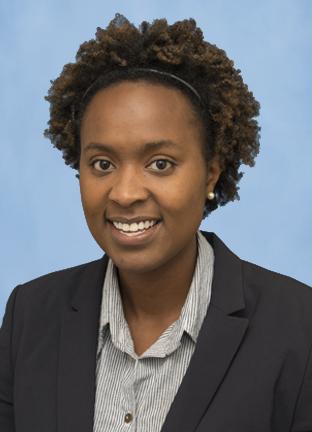
Sidra Bonner, MD, MPH
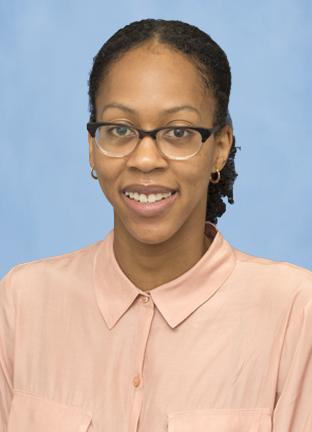
Chloé Powell, MD

Glenn Wakam, MD
Contact Us
Reach out to join the conversation or to learn more about how to implement the Michigan Promise. Connect with the Department of Surgery or our faculty on Twitter to share your ideas or get in touch with the Office of Faculty & Resident Life to schedule a Michigan Promise presentation at your institution. You can also fill out our Michigan Promise Inquiry Form with any questions or comments.
Department of Surgery
2210F Taubman Center
1500 E. Medical Center Dr.
Ann Arbor, MI 48109
Phone: 734-232-5528
Email: [email protected]
Twitter: @UMichSurgery
Hashtag: #MichiganPromise
Related Media:
- Mentor the Max: Realizing the Potential in Yourself and Others at the Michigan Mentorship Academy
- The Michigan Promise in Oral & Maxillofacial Surgery: Women in Oral & Maxillofacial Surgery Symposium
- Surgical Innovation Development Accelerator Course: 2018 Winner Update
- The Michigan Promise to Residents
- Diversity in Medicine Conference
